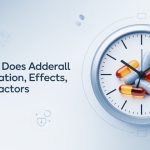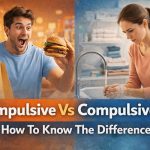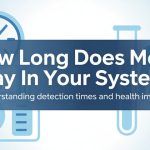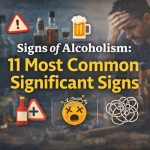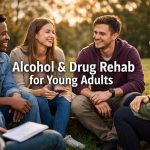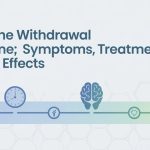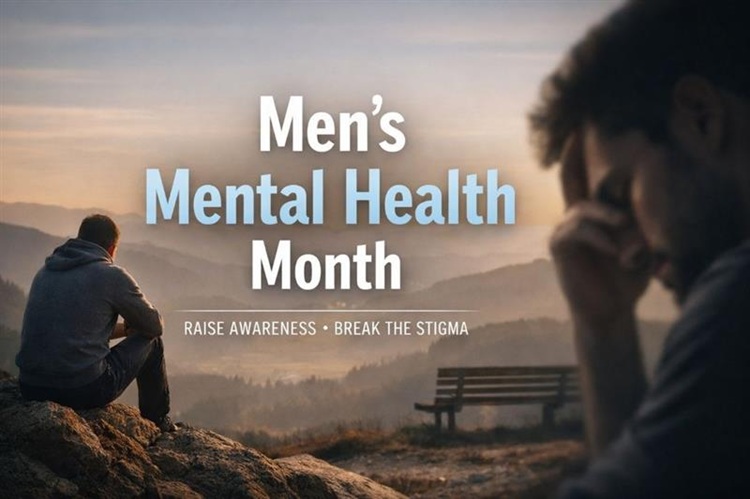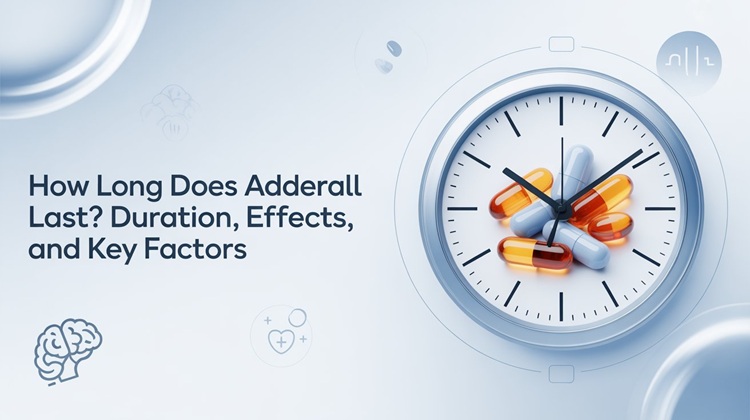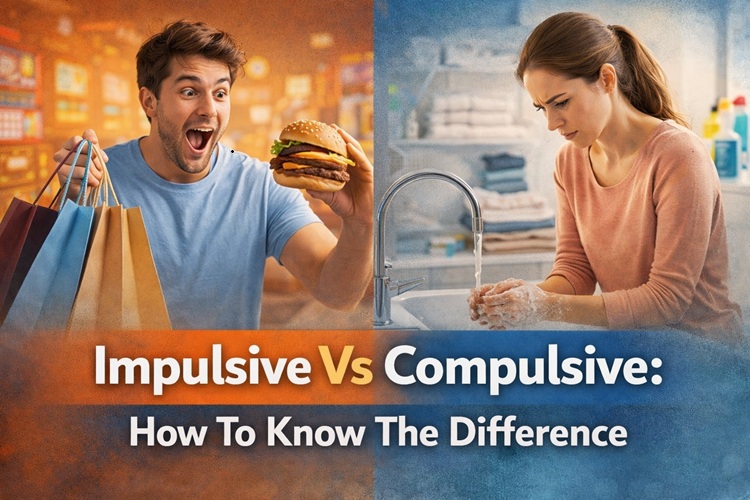Understanding the difference between substance abuse and addiction is crucial for addressing substance-related issues effectively. As much as these two terms may be used almost synonymously, there is some distinction and the two refer to different phases of substance-related difficulties. In this article, we’ll look at what substance abuse and addiction are, how they are different, and why being able to differentiate between them can go a long way toward understanding prevention, diagnosis, and treatment.
What is Substance Abuse?
Substance involves the use of alcohol and drugs in an improper manner that may act as a menace to the user or others. This can range from taking more than the recommended quantities, taking it for the wrong reasons, and taking it at network intervals including before driving a car.
Basic Features and Effects of Substance Use
- Use of these substances once in a while.
- Punishments, possible harms, injuries, diseases, or, depending on the case, fines, and other penalties.
- Use of substances in a way that hampers performance in home, school, or work setting.
For instance, taking alcohol regularly at a party once a month may be referred to as substance abuse if the result is risk-taking or harm. However, it does not mean that the client has a chronic issue.
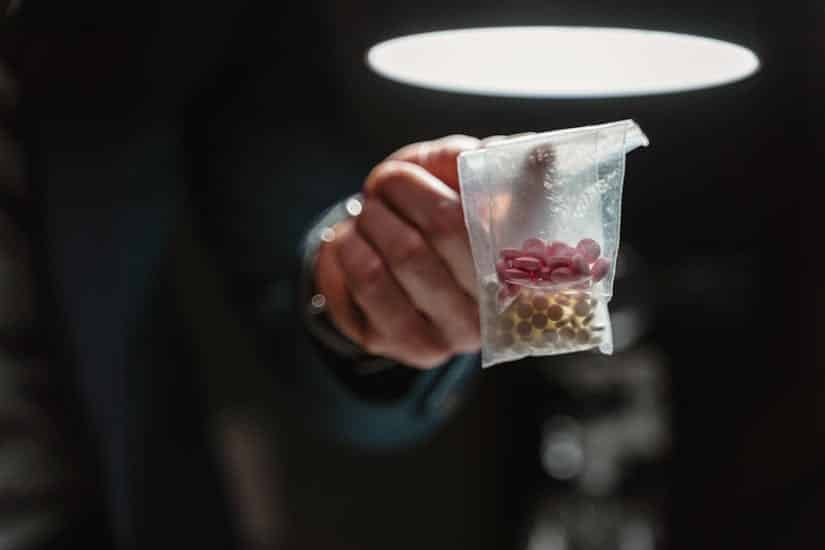
What is Addiction?
Alcohol dependence, also known as a substance use disorder (SUD) is a neotropical disease with a long-term, periodically reversible course, characterized by compulsive substance-seeking behavior, despite destruction. The disease of addiction involves both the brain’s functions and choice, so the person is not able to cease using a certain substance even if they are fully aware that they must do so.
Key Characteristics of Addiction:
- Alcohol and Substance Dependency.
- Dependence on a substance regarding one’s body and mind.
- Trembling, anxiety, sweating when the substance cannot be ingested.
- Examples of compulsive drug use where a person loses control over substance use, and desires may crop up.
- Repetition of the same action, knowing very well that it has negative outcomes, for example damaged friendships, evictions, or sickness among others.
- Addiction, as distinguished from substance use is a chronic disease that must be managed by a healthcare professional.

100% Confidential Support is Available 24/7
No matter what you’re going through, you’re not alone. Our dedicated team is here to provide a safe, judgment-free space where you can talk openly and honestly. Whether you need emotional support, resources, or just someone to listen.
We’re here for you—completely confidential and always respectful of your privacy. Call us today!
The Role of Brain Chemistry
This is important because dependency only affects the brain.
In substance abuse, the drug hits the areas of the brain responsible for running the reward system, where fluctuating amounts of dopamine are pumped into the brain to produce the high of the drug.
Also, the brain’s chemical pathways for dependence change when it is constantly used. Once it starts up, it is very hard to quit because the brain has created a circuit that requires the substance.
Contact Palm Coast Treatment Solutions
Battling with Drug and Alcohol Addition? Remember, you are not alone and we are here to help you!
Common Substances Involved
Both substance abuse and addiction can involve a variety of substances, including:
Alcohol
- Abuse: Occasional binge drinking.
- Addiction: Alcoholism or the state in which a man is physically addicted to alcohol.
Drugs
- Abuse: Testing out a new drug whether it is marijuana or cocaine.
- Addiction: By the effects, which include serious health and societal problems, from repeated use.
Prescription Medications
- Abuse: Self-medication—the use of pain relievers or sleeping pills for fun or entertainment.
- Addiction: Becoming dependent, and in some cases, physically addicted, which generally calls for detoxification.
Overcome Addiction with Palm Coast Treatment Solutions.
Book an appointment.
Early Warning Signs of Substance Abuse
This means that a program to check on early signs of substance use will help stop an individual from escalating to substance dependence. Look for these red flags:
- Illicit liquor, spirits, other drugs, and psychotropic substances more than once a month.
- Failing to meet the obligations arising out of drug addiction.
- Tolerance, in which a larger amount of the substance is needed to reach the same level of effect.
- Illicit activities, for example driving while drunk.

Signs of Addiction
If substance abuse escalates into addiction, the warning signs become more severe:
A passionate desire to take Fentanyl pain medication.
- Taking substance over relatives, occupation, or leisure activities.
- Sudoril, nausea, tremors, or anxiety: all of which characterize early withdrawal syndromes.
- Such as debt or fines because of using substances such as alcohol, cigarettes, and other drugs.
- Past efforts toward cessation, which one wants to avoid smoking.
- The Effects on Mental and Physical Welfare
Substance Abuse
While less severe, substance abuse can still have significant consequences, such as:
- An extra effect upon which the accidents occur is due to bad decision-making.
- Short-term memory issues.
- Clients feel anxious or easily irritated mood swings.
Addiction
- Addiction is more profound, pandemic and beyond.
- Major depressive disorder, for example, or schizophrenia.
- Other long chronic diseases, like cirrhosis of the liver, or heart illnesses.
- An increased likelihood of death due to this, and an overdosing.
Overcome Addiction with Palm Coast Treatment Solutions.
Book an appointment.
Treatment Approaches: Substance Abuse vs Addiction
The treatment strategies for substance abuse and addiction differ based on severity:
Substance Abuse
- Counseling: Habits could be changed by cognitive behavioral therapy (CBT).
- Lifestyle changes: Substituting unhealthy habits with healthy ones such as exercising, or engaging in hobby activities.
- Support groups: There are organizations like Alcoholics Anonymous (AA) which can help.
Addiction
- Detoxification: The use of medical supervision to lead the withdrawal process due to some of the indicated symptoms.
- Inpatient rehabilitation: Organization rehabilitation programs for serious cases.
- Medication-assisted treatment (MAT): Substituting drugs to minimize craving.
- Long-term therapy: Working on the causes and avoiding the stages in the process of relapse.
Preventing Substance Abuse and Addiction
Preventive measures can reduce the risk of substance-related problems:
- Education: To increase awareness of substance use and reduce the incidence thereof.
- Healthy coping mechanisms: Promoting such practices as meditation that can be practiced as stress relief.
- Early intervention: Before the next stage of substance use disorder comes about.
- Community support: Having friends and relatives growing up with parental oversight.

Overcome Addiction with Palm Coast Treatment Solutions.
Book an appointment.
Seeking Help
Substance use versus substance dependence is not small; it is important enough that people should be directed to seek help for the latter. Addiction is a chronic illness that is managed by a doctor and substances are taken for the reason that use leads to disastrous effects. Understanding these differences could be very powerful in learning how individuals, families, and ultimately communities can work towards healthier lives.
If you or someone you know is struggling with substance abuse or addiction. You can contact Palm Coast Treatment Solutions for help. Whether it’s substance abuse or addiction, there’s help, and there’s always recovery.







